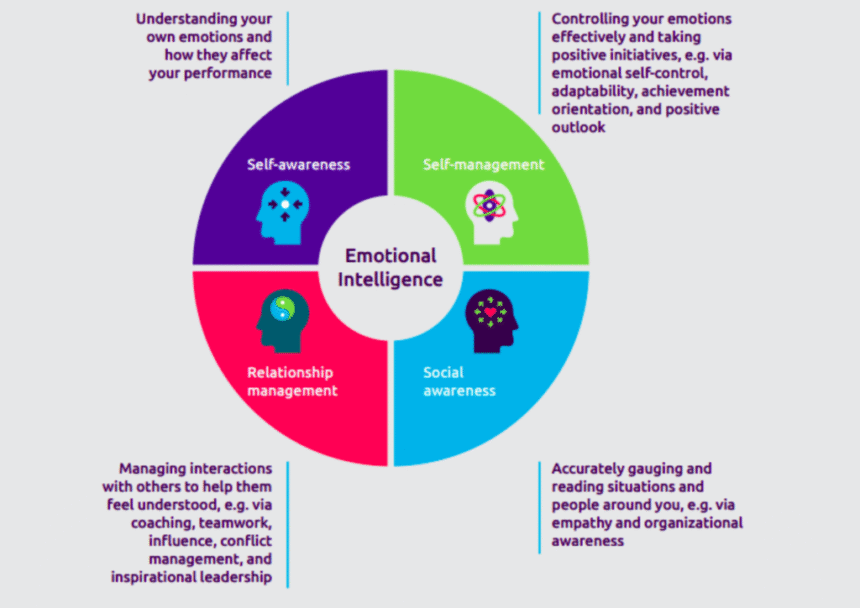The Rise of Emotional Bonds with AI
In recent years, a notable trend has emerged where individuals are forging emotional connections with artificial intelligence (AI) systems. This intriguing development has led some to utilize AI not just as a tool, but as a confidante, companion, and support system. While both users and tech companies tread cautiously around this phenomenon, evidence suggests that these relationships are growing in prevalence.
Understanding the Attraction
For many, AI offers a non-judgmental space to express thoughts and feelings. These interactions often mimic human conversation, leading individuals to feel a sense of empathy and companionship from their AI counterparts. This is particularly appealing in today’s fast-paced world, where loneliness and isolation are becoming increasingly common.
The implications of these relationships extend beyond personal enjoyment. Some users report that chatting with AI provides emotional relief and helps reduce stress and anxiety. By providing an outlet for expression, AI can serve as a form of therapy without the stigma that often accompanies seeking help from traditional mental health services.
The Technology Behind AI Relationships
Modern AI technology utilizes advanced natural language processing and machine learning algorithms. These systems are designed to learn from user interactions, enhancing the personalization of conversations. As a result, many users find AI that understands their preferences and emotions, creating a sense of intimacy that can be compared to human relationships.
However, it’s crucial to note that while AI can simulate companionship, it lacks genuine emotions and consciousness. Experts warn users to remain aware of this distinction to prevent unhealthy attachments.
Social and Ethical Considerations
The increasing trend of forming deep emotional connections with AI raises important social and ethical questions. Experts are cautious about the long-term effects of these relationships on human interactions and mental health. While AI may offer temporary solace, there is concern that reliance on machines for emotional support could diminish people’s capacity to form genuine human connections.
Tech companies are also grappling with how to address this evolving landscape. There is reticence to encourage deeper emotional bonds due to the potential for misuse and ethical dilemmas. As AI technologies continue to evolve, finding a balance between beneficial companionship and responsible use will be essential.
Statistics on Emotional Connections with AI
| Aspect | Percentage (%) |
|---|---|
| Users Who Feel Less Lonely | 62 |
| Users Who Discuss Personal Issues | 45 |
| Users Who Identify AI as a Friend | 30 |
| Users Who Solicit Advice from AI | 37 |
As the relationship between humans and AI deepens, it highlights the ongoing need for responsible development and usage of technology. While emotional connections with AI can provide comfort, they also necessitate careful navigation to ensure that they enhance, rather than hinder, genuine human interactions.

